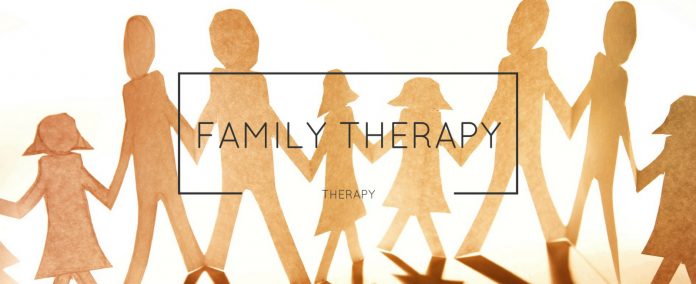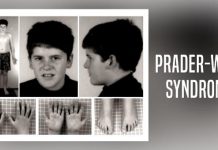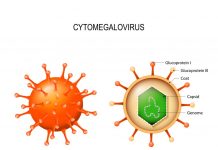There are an ever increasing amount of different available approaches to therapy including analytical therapy, cognitive behavioural therapy and interpersonal therapy. This range of therapy approaches can as a result be confusing and difficult for sufferers or their families to choose the most relevant therapy to meet a specific need. Particularly for the treatment of younger eating disorder sufferers, the family therapy approach may be a significant source of help.
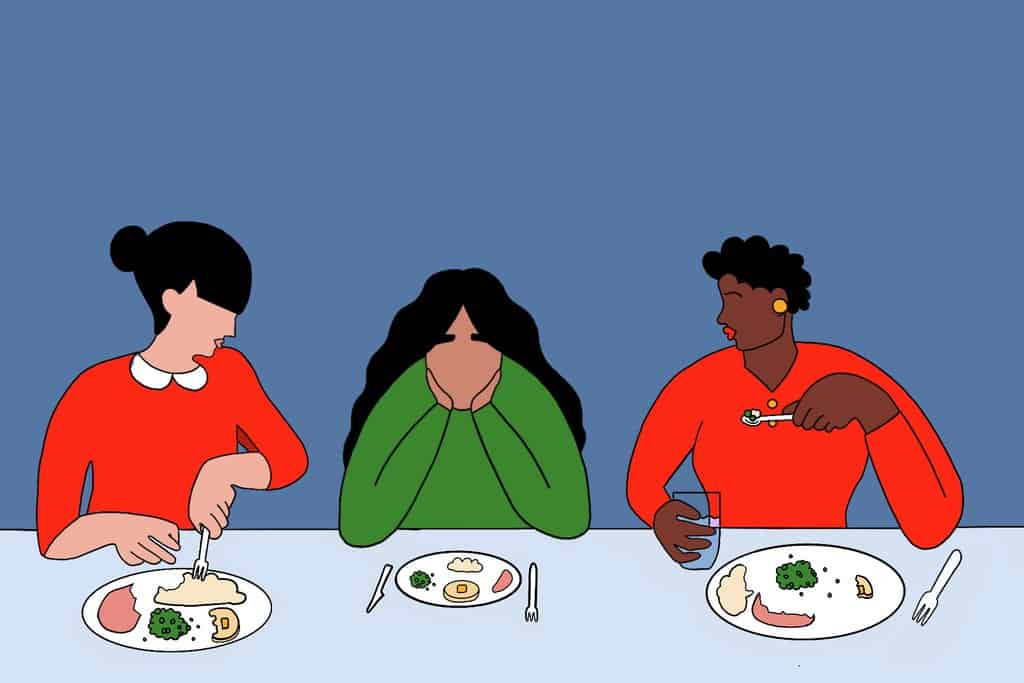
Key areas to be explored are listed below.
- What is Family Therapy?
- Core Skills
- Benefits for Eating Disorder Patients
What is Family Therapy?
Family therapy is primarily about identifying negative aspects of relationships within the family which may be a contributing factor to the individual’s mental health problems.

This approach usually involves the younger sufferer’s parents and siblings receiving therapy sessions together but may also often include individual therapy for the patient and parents. It focuses on the stressful issues within the family as opposed to solely examining the stress felt by the patient.
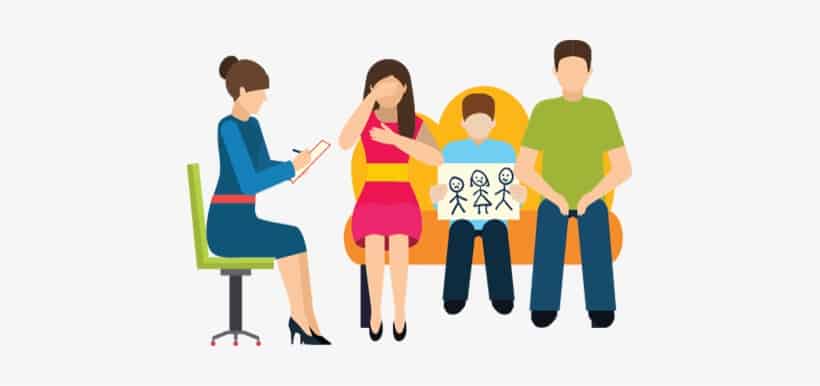
Core Skills & Components of Family Therapy
Key areas that family therapy focuses upon usually relate to stressful events/circumstances and how the family deal with them including: predictable lifestyle stress (births, marriage), unpredictable stress (unemployment, illness) and inherited stress (unworked through stresses of past generations passed down). The family therapist helps the patient to understand how family stress/relationships impact them.

A focus on mobilization of family resources is also key to successful treatment. Family support through connecting with other families in the same or similar predicament may also be extremely beneficial. Support for parents of children/young adults being treated in an in-patient program and thus away from the family home for long periods of time, enable them to understand what their offspring is going through and this keeps them involved in treatment.
Benefits for Eating Disorder Patients
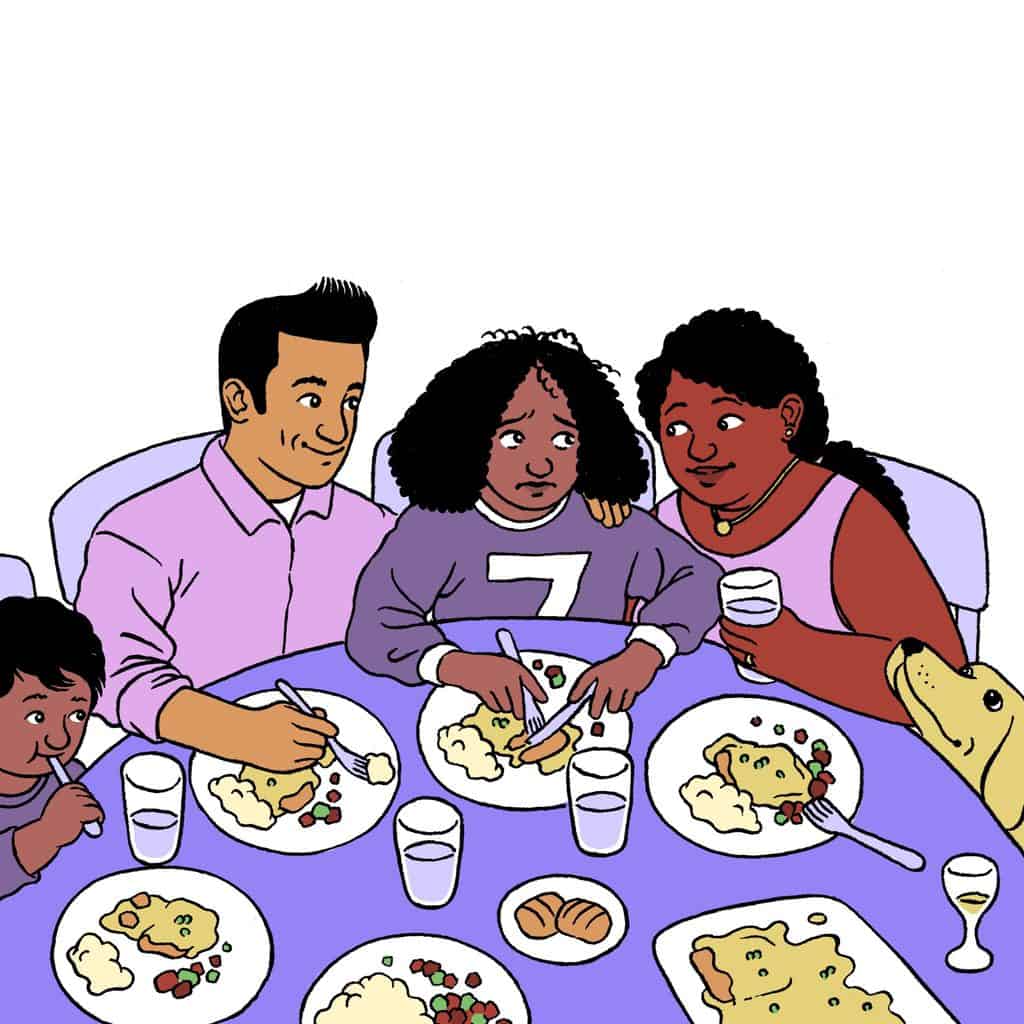
The main benefits of using family therapy for eating disorder treatment include the following: cost effective, helps family member understand the illness more, provides valuable support and guidance to the family, active family involvement may reduce need for hospitalisation, particularly for younger patients in the case of anorexia it has been proven as effective.

A recent study into treatment without involving the patient’s family has highlighted that failure to involve the parents in treatment is associated with the worst treatment outcome and may also result in significant delays to recovery.


